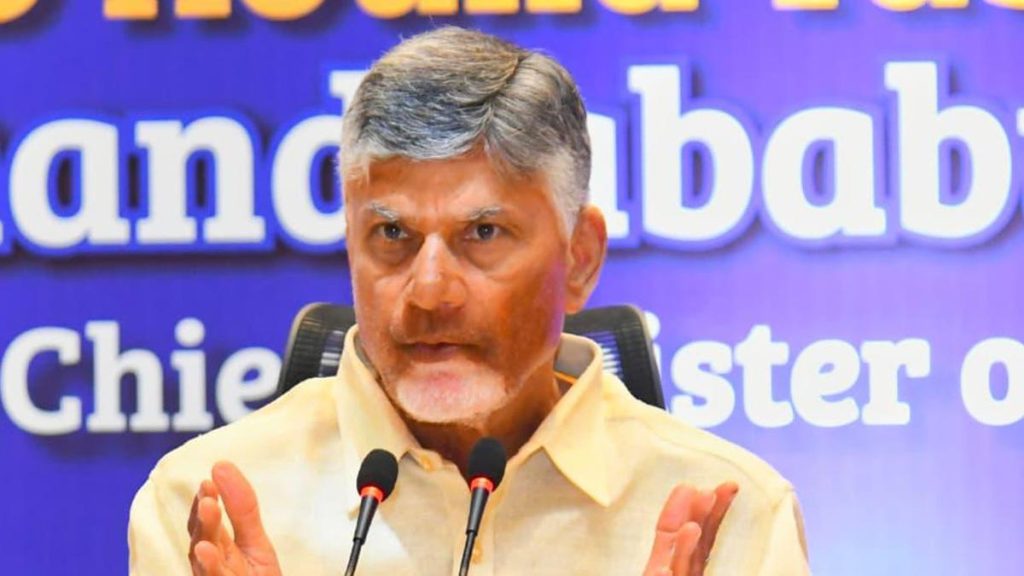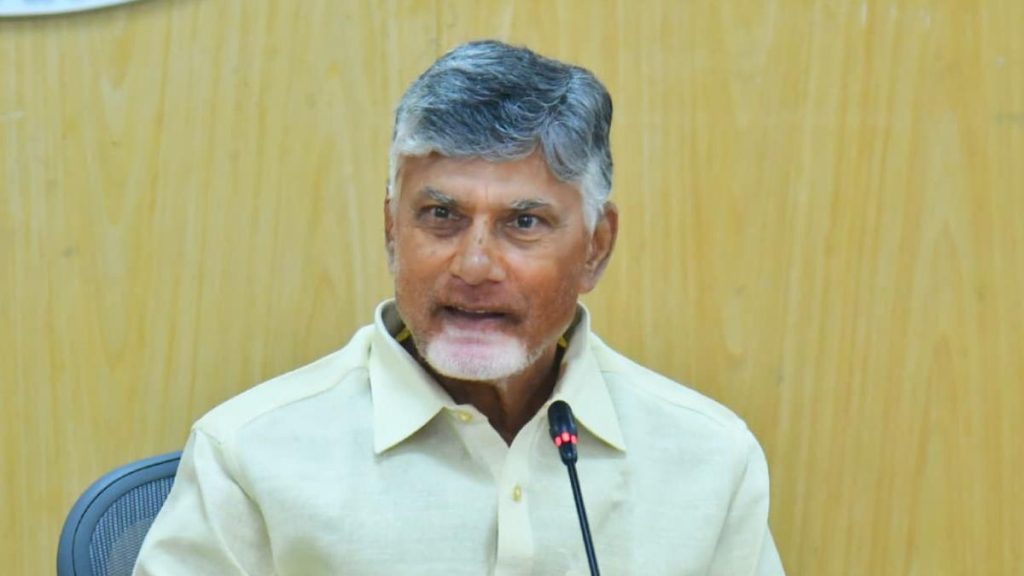Now Reading: From Showerheads to Fridges: Appliances in the Crosshairs of Culture Wars
-
01
From Showerheads to Fridges: Appliances in the Crosshairs of Culture Wars
From Showerheads to Fridges: Appliances in the Crosshairs of Culture Wars

Quick Summary
- Appliance efficiency standards, historically non-partisan, are now politically charged.
- president Donald Trump criticized low-flow showerheads and ordered the repeal of water-saving rules revived during Biden’s administration.
- Republican-controlled Congress passed resolutions to roll back energy-efficiency standards for appliances like gas tankless water heaters; further actions target refrigeration and walk-in cooler regulations.
- Energy-efficiency standards save U.S. households approximately $576 annually,reduce national energy use by 6.5%,and cut water consumption by 12%.
- Republicans argue efficiency rules restrict consumer choice; industry groups advocate for less stringent regulations on affordability grounds.
- historically bipartisan support existed for appliance efficiency laws enacted in 1975 and later years under presidents Ford, Reagan, Bush Sr., etc.
- Pushback against efficient appliances stems from perceptions of intrusive government action; proponents highlight long-term cost savings and environmental benefits.
Indian Opinion Analysis
The polarization centered around appliance efficiency standards reflects broader cultural tensions over regulation versus personal freedoms-an issue with global relevance given increasing environmental concerns. For India, the debate underscores a critical dilemma: balancing economic growth with sustainable resource management. Efficiency efforts can significantly reduce energy demand in homes and businesses while combating climate-related challenges like dwindling freshwater resources.
India’s leadership has pursued ambitious targets for renewable energy adoption but should closely study global precedents before advancing stricter domestic appliance efficiency mandates-taking lessons on both costs savings as highlighted by data in this piece ($576 annually per household) or potential public backlash regarding perceived restrictions on individual choice.
Neutral governance premised on measurable benefits to consumers could ensure future progress without polarizing societal narratives around sustainability or market freedoms-a pragmatic approach woudl involve thoroughly engaging stakeholders while emphasizing technology-driven options empowering user autonomy without compromising ecological priorities.
























